Cyber ResIlience in the Quantum Era: Dr. Michele Mosca’s Vision for a Secure Digital Future
In an age where technology is advancing at an unprecedented pace, the intersection of quantum technology and cybersecurity has become one of the most critical challenges of our time. During his keynote at Quantum World Congress 2024, Dr. Michele Mosca, co-founder and CEO of evolutionQ, delivered a compelling talk on the urgent need for cyber resilience in the quantum era.
Dr. Mosca, a founding member of the Institute for Quantum Computing at the University of Waterloo and a pioneer in the field of quantum-safe cryptography, opened his address by framing the question that lies at the heart of his work: will the convergence of quantum technology and the global economy be a destructive collision or a transformative alignment?
The Quantum Revolution: A Double-Edged Sword
According to Dr. Mosca, the quantum revolution presents both vast opportunities and equally immense risks. On one hand, quantum technology could lead to breakthroughs in computing power, communication, and sensing, unlocking potential we’ve only begun to imagine. On the other hand, the very foundations of our digital security are threatened by the same technology.
At the core of this dual-edged sword is the issue of cryptographic vulnerability. “The cryptographic codes that have enabled the last 30 years of economic growth,” Dr. Mosca explained, “are extremely fragile in the face of quantum computing.” Peter Shor's algorithm, discovered in 1994, demonstrated that quantum computers could, in theory, break the cryptographic systems currently protecting everything from financial transactions to national security. What would take classical computers centuries to crack, quantum computers could break in hours—or even less.
A Fragile Digital World on the Brink of Disruption
While this might seem like a dystopian warning, Dr. Mosca views it as a "blessing in disguise." For the first time in history, we have the foresight to address a significant security threat before it fully materializes. Rather than waiting for disaster to strike, organizations can take proactive measures to evolve their systems from quantum-vulnerable to quantum-safe.
However, Dr. Mosca emphasized that market forces alone are not enough to drive this transition. Despite experts warning about the need for cryptographic resilience, he observed that there has been a lack of industry-driven action to address this existential risk. “Market forces have not created cryptographic resilience,” Mosca stated. “What we need is true leadership.”
Turning the Quantum Threat into an Opportunity
Dr. Mosca's message was clear: achieving quantum resilience requires strong leadership and collaboration between sectors. He cited several key examples of leadership in this space, including the actions of the NSA, the U.S. government, and the White House, all of which have issued clear directives to address quantum threats. He also highlighted international efforts such as the World Economic Forum's partnership with the Canadian government, industry, and academia to raise awareness of best practices and drive forward quantum-safe innovations.
These initiatives are critical, but more needs to be done, particularly in sectors like finance, telecommunications, and energy, where the stakes are high, and the timelines for implementing quantum-safe protocols are still unclear.
Leadership and Collaboration: The Keys to Quantum Resilience
So, how can organizations navigate this uncertain quantum future? Dr. Mosca shared a practical approach to mitigating quantum risks, rooted in the idea of “firing bullets and launching cannonballs.” Initially, organizations should undertake small, low-cost, and low-risk projects that allow them to understand and reduce uncertainty. As confidence grows, these projects can scale into more ambitious initiatives, tackling quantum challenges head-on.
One of the critical components of this approach is cryptographic agility—preparing for potential disruptions by building systems that can quickly recover when cryptographic failures occur. Dr. Mosca discussed the importance of having defense-in-depth strategies, a mix of quantum-safe algorithms, and classical cryptographic techniques to ensure a resilient and recoverable digital infrastructure.
Navigating the Uncertainty: Practical Steps for the Quantum Age
Dr. Mosca’s keynote served as both a call to action and a roadmap for organizations as they prepare for the inevitable quantum future. He urged industries to embrace the challenge of quantum cybersecurity with the same enthusiasm and investment they devote to other innovations, reminding the audience that “hope and luck are not strategies.” Cybersecurity is one of the greatest market failures we've seen, and relying on market forces to solve it risks catastrophe.
Instead, proactive planning, leadership, and collaboration are the only ways forward. As quantum computing continues to evolve, organizations must build resilience by design, creating a secure foundation for the next era of technological progress.
Building the Future: Cybersecurity in a Quantum-Enabled World
Dr. Michele Mosca’s keynote at Quantum World Congress 2024 left attendees with a powerful message: the quantum future is both an incredible opportunity and a profound responsibility. As we push the boundaries of what quantum technology can achieve, it’s crucial that we address the cybersecurity challenges it brings. By preparing today, we can ensure that quantum computing not only enhances our digital world but also protects it.
Quantum World Congress 2024 is proud to have hosted this insightful talk, highlighting the critical importance of cyber resilience in the quantum age. As Dr. Mosca and evolutionQ continue to lead the way in quantum-safe cryptography, their work sets the stage for a more secure and prosperous digital future.







